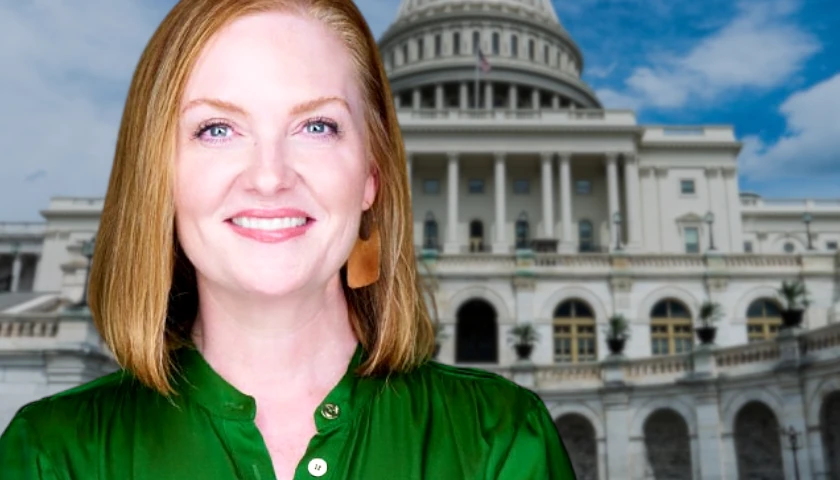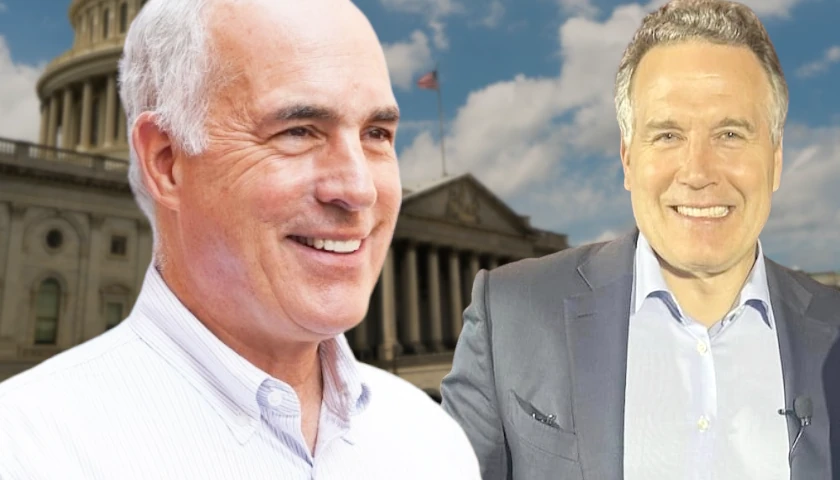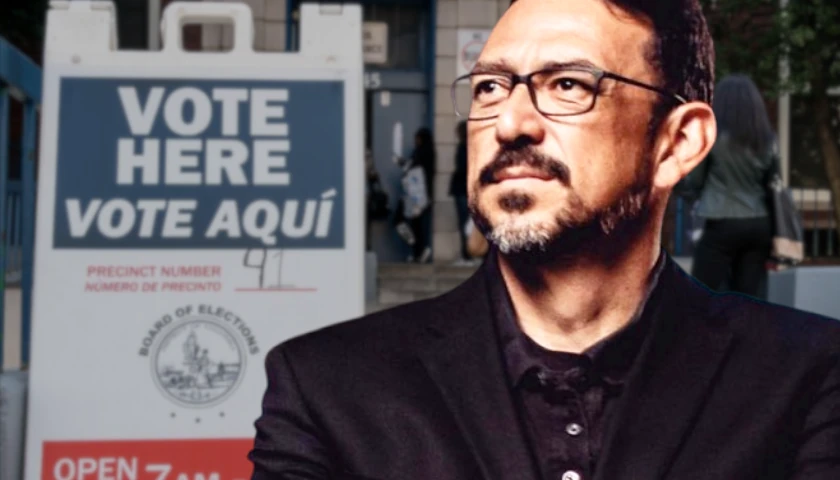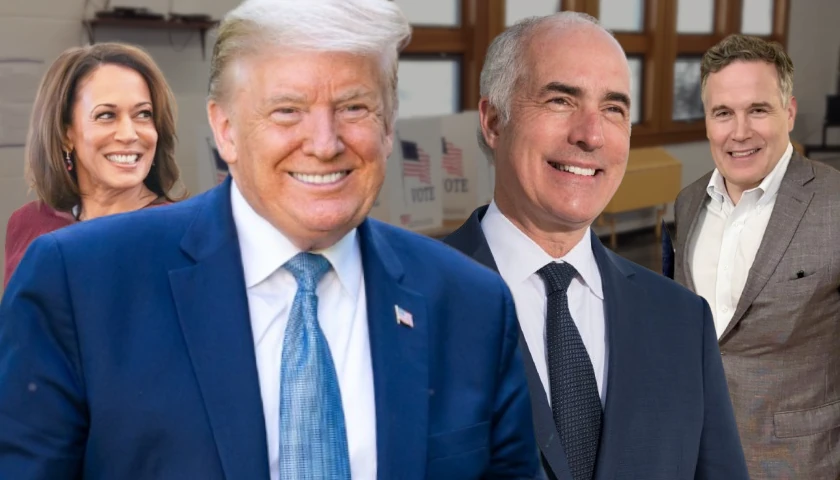by Owen Klinsky
Automakers have continued to backpedal on electric vehicle (EV) targets over the last year as a slackening of consumer demand has hampered growth despite the billions in subsidies lavished on the industry by the Biden-Harris administration.
A wide array of auto manufacturers have abandoned key EV goals since February, with Volvo, Ford and Mercedes-Benz all dialing back electric quotas or dropping previously planned product lines. The shifts in corporate strategy suggest the EV transition — once touted by auto executives like Ford CEO Jim Farley as the industry’s future — may not be as feasible as once thought due to consumer aversion to lower mileage ranges, a lack of charging infrastructure and higher prices, experts told the Daily Caller News Foundation.
The auto industry’s change in direction is in spite of the billions in subsidies doled out to the industry via the 2021 Bipartisan Infrastructure Bill and the 2022 Inflation Reduction Act, with the White House offering a $7,500 federal tax credit for certain EVs to ease costs for buyers, and allocating $12 billion for carmakers to retrofit factories for EV production. The administration has also put in place stringent regulations designed to phase out internal combustion engine vehicles, including a tailpipe emissions rule that would effectively require about 67 percent of all light-duty vehicles sold after model year 2032 to be electric vehicles (EVs) or hybrids.
“Even after throwing money at EVs hand over fist, basically paying people tax dollars to drive these cars off the lots, you have a dire spiral of (1) not enough demand to support the number of cars being produced, and (2) the people you paid to buy them now wanting to go back to what they had before,” O.H. Skinner, executive director of the Alliance for Consumers and the former solicitor general of Arizona, told the DCNF.
 Despite the generous tax credits, consumers have been hesitant to adopt EVs at the rate the Biden-Harris administration and automakers have hoped, with EV sales growing 50 percent in the first half of 2023 and 31 percent in the first half of 2024, less than the 71 percent increase in the first half of 2022. Moreover, a June poll from The Associated Press-NORC Center for Public Affairs Research and the University of Chicago’s Energy Policy Institute found 46 percent of respondents were unlikely or very unlikely to purchase an EV, while just 21 percent were “very” or “extremely” likely to make the change.
Despite the generous tax credits, consumers have been hesitant to adopt EVs at the rate the Biden-Harris administration and automakers have hoped, with EV sales growing 50 percent in the first half of 2023 and 31 percent in the first half of 2024, less than the 71 percent increase in the first half of 2022. Moreover, a June poll from The Associated Press-NORC Center for Public Affairs Research and the University of Chicago’s Energy Policy Institute found 46 percent of respondents were unlikely or very unlikely to purchase an EV, while just 21 percent were “very” or “extremely” likely to make the change.
Consumer sentiment towards EVs has struggled even among those who have already purchased the vehicles, with a June survey from leading consulting firm McKinsey and Company finding nearly half of Americans who own an EV want to go back to a standard vehicle.
“The [EV market] headwinds come from physical realities that translate into economic and practical realities,” Mark Mills, a distinguished senior fellow at the Texas Public Policy Foundation and an expert on the automobile market, told the DCNF. “EVs are inherently more expensive… and most consumers are very price sensitive; EV fueling for most people is far less convenient… [and] EV fueling infrastructure is extremely expensive and will take a long time to build out.”
The average cost of a new EV was 10 percent higher than the price of a standard vehicle as of January, with the 2024 electric version of a base Ford F-150 costing roughly $20,000 more. The Ford F-Series was the best-selling vehicle in the U.S. in 2023.
Ford canceled plans to produce a three-row electric SUV in August and reduced output of its F-150 Lightning pickup truck in January. The reversals follow Ford losing $4.7 billion on EVs in 2023, equating to nearly $65,000 per EV it sold. When reached, a Ford spokeswoman referred back previous comments to the DCNF stating that “we aren’t going to launch vehicles unless they are going to be profitable within 12 months of launch.”
“These are staggering costs to impose on American families,” Diana Furchtgott-Roth, director of the Center for Energy, Climate and Environment at the Heritage Foundation, told the DCNF.
EV carmakers Tesla and Lucid have also struggled in the last year, announcing plans to layoff roughly 10 percent and 6 percent of their workforces, respectively.
On top of sheer cost, expanding charging infrastructure has also been a challenge for manufacturers, with the Biden-Harris administration having built just seven EV charging stations in four states as of April 2024, despite the Bipartisan Infrastructure Bill earmarking $7.5 billion for the creation of a national EV charger network. A lack of demand, union requirements, as well as diversity, equity and inclusion initiatives, with the Department of Transportation requiring applicants to promise to perform “intentional outreach to underserved communities” by hosting “neighborhood block parties” in order to qualify for funding, have significantly slowed down the project’s rollout.
Beyond a lack of infrastructure, charging can simply be inconvenient for consumers, with refueling times ranging from 20 minutes to upwards of 50 hours depending on charger voltage and battery size, according to American automotive resource company Edmunds. Even “fast charging” in the urban center of Washington, D.C., can take as long as 35 minutes.
Faced with these obstacles, Volvo Cars abandoned plans to offer an all-electric line-up by the end of the decade, instead aiming to have between 90 percent and 100 percent of its cars be fully electric or plug-in hybrids by that time. Mercedes-Benz made a similar announcement back in February, slashing its target of selling 100 percent EVs by 2030 to just 50 percent after its net profit fell 21.5 percent year-over-year in the fourth quarter of 2023.
“The Biden-Harris administration is spending billions in tax incentives to pay auto companies to make EVs, and billions for tax credits to pay households to buy the cars,” Furchtgott-Roth told the DCNF. “Still, Americans are too smart to fall for a product that is not suited for them.”
The White House, Volvo and Mercedes-Benz did not respond to a request for comment from the DCNF.
– – –
Owen Klinsly is a reporter at Daily Caller News Foundation.
Photo “Electric Vehicle Charging Station” by Michael Fousert.









